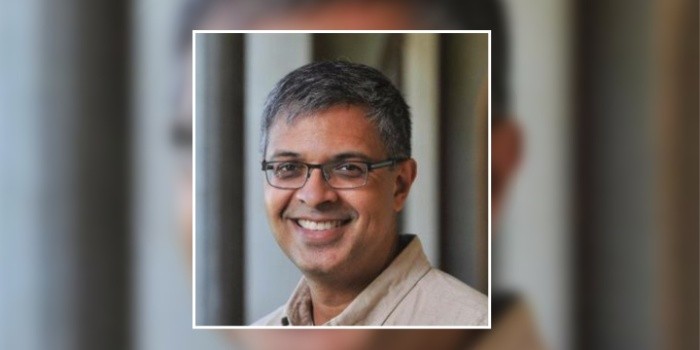(José Niño, Headline USA) Under orders from Health Secretary Robert F. Kennedy Jr., NIH Director Jay Bhattacharya is launching an unprecedented data-driven autism study.
In the past month, Dr. Jay Bhattacharya, the newly appointed director of the National Institutes of Health, has become the architect of a sweeping new federal effort to investigate the causes of autism.
This campaign aligns closely with the mission and rhetoric of RFK Jr. The initiative, announced in mid-April 2025, aims to break what its leaders see as a scientific deadlock on autism research by harnessing an unprecedented trove of health data and encouraging inquiry into areas previously considered off-limits.
“Sec. Kennedy has asked me to initiate a study on the cause of the rise in autism. It’s a question that is at the front of the minds of so many parents … yet scientific progress on this has been slow because scientists are frankly scared to ask the question,” Bhattacharya said in a speech last week next to RFK Jr., echoing his boss’ call for comprehensive investigation.
.@DrJBhattacharya: “Sec. Kennedy has asked me to initiate a study on the cause of the rise in autism. It's a question that is at the front of the minds of so many parents … yet scientific progress on this has been slow because scientists are frankly scared to ask the question.” pic.twitter.com/SANrN5bCZO
— Chief Nerd (@TheChiefNerd) April 23, 2025
Last Monday, Bhattacharya presented his vision to NIH advisers. He described it as a “real-world data platform” that would aggregate medical records, insurance claims, pharmacy and laboratory data, and even information from wearable fitness devices and smartwatches.
The goal is to create a resource with “broad coverage in the U.S. population,” enabling researchers to analyze patterns and potential causes of autism at a scale never before possible.
This initiative would also involve the creation of a new registry to track Americans with autism, integrating this information into the broader data platform.
Between 10 and 20 external research teams will be selected through standard NIH grant review processes to study the data. Bhattacharya emphasized that every NIH institute would be involved, and that the project would move at a pace “very rapid by NIH’s normal standards.”
The urgency of this initiative is driven by Kennedy, who, in early April, pledged that “by September, we will know what has caused the autism epidemic, and we’ll be able to eliminate those exposures.”
However, Bhattacharya has since tempered expectations, stating that while some preliminary answers may emerge by September, the timeline for definitive results is uncertain: “It’s hard to guarantee when science will make an advance. It depends on, you know, nature has its say.”
He has suggested to reporters a more realistic timeline would see preliminary findings within a year.
The scale of data collection has raised immediate concerns among privacy advocates and autism organizations. Bhattacharya has promised “state-of-the-art protections” to ensure confidentiality, noting that researchers will only see statistical aggregates and will not be able to download or access individual records.
Dr. Jay Bhattacharya is a physician and health economist who previously gained national attention for his opposition to COVID-19 lockdowns and his willingness to challenge prevailing public health orthodoxies.
The coming months will reveal if Kennedy and Bhattacharya’s health gambit pays off for families and science.
José Niño is the deputy editor of Headline USA. Follow him at x.com/JoseAlNino

